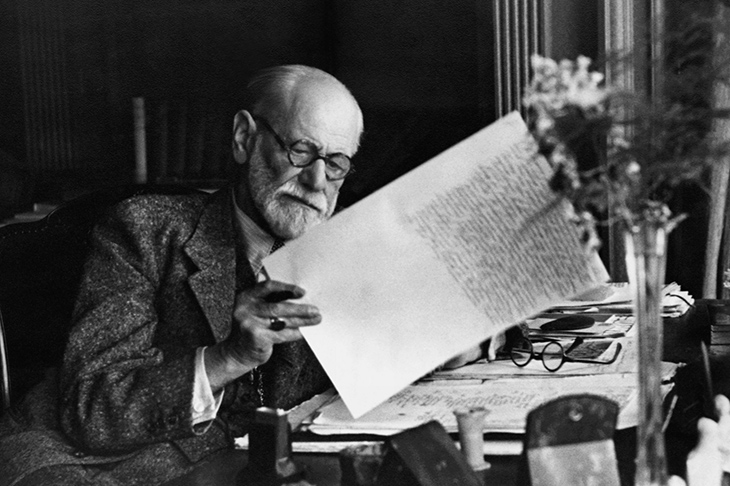Anyone who follows left-wing Twitter, or reads the more exotic NYT columns, might have noticed the rise of an increasingly fashionable new political language: therapy-speak.
Just look at the weird self-helpy terms which now seem everywhere in political debate – phrases like ‘validate’, ‘call out’, ‘tone-policing’, ‘trivializing’ or ‘macroaggression’. Others are more specific – like ‘gaslighting’, an obscure psychological term which, as Megan McArdle notes, has become an obsession for the woke left. Lifted from an old Patrick Hamilton play, to gaslight someone is to try convince them they can’t trust their own senses (perhaps unsurprisingly, it’s something Donald Trump gets accused of a lot).
Whereas previous waves of leftist thought have focused on introducing new labels (nouns and adjectives like ‘cis’, ‘privileged’ and ‘problematic’), this new phenomenon is slightly different: instead it seeks to define how we actually discuss politics, and to introduce a new code of conduct for debate. And what’s the purpose of it all? To better protect our feelings.
It’s no coincidence that these new terms read like something from a family therapy manual – in fact it’s the whole point. Think about how family therapy works: it’s a highly-structured process through which viewpoints are assessed not against any objective ‘truth’, but by the sincerity with which they are held and/or their emotional impact on others. The process could be described as a kind of psychological socialism: to spread the burden and responsibility for the group’s wellbeing evenly among its members.
While these principles might work well for ironing out marital neuroses, they’re thoroughly unsuited for political debate. Instead of putting forward your argument, you’re now expected to think about how your words might affect the ‘emotional state’ of who’s hearing them. That’s if you don’t want to be accused of ‘invalidating [their] experience’, or ‘not respecting [their] truth’ – behaviors which are widely labeled ‘abusive’.
The therapy craze goes hand-in-hand with other more-established debate-killing tactics. Like the annoying insistence of beginning every sentence with ‘as a…’ (‘as a Jew…’, ‘as a woman…’ and the like) which raises personal identity above any kind of objective argument.
The reason these tactics are so effective is that they are at least grounded in some truth. If you have lived experience of a topic (‘as a single mother…’, say) you’re more likely to have something worth contributing to a discussion on the topic. But the idea that personal characteristics always give you the moral high ground (particularly highly subjective ones like being ‘gender non-binary’) is self-evidently nonsense.
It’s the same with the therapy-speak. Debate and therapy have a lot of things in common: everyone should have the right to be heard, for example, and to rebut points that concern them. But other factors – like the idea that you are somehow responsible for someone else’s emotional resilience – have no place in political discussion.
What’s interesting about this whole thing is what it reveals about the temperament of the modern left. The language of therapy is at one time highly assertive, whilst also wallowing in victimhood. Its proponents are proudly headstrong when it comes to enforcing their right to be offended, yet pathetically timid when it comes to actually engaging with anything which makes them uncomfortable. Sound familiar?
When you notice these things on Twitter, it’s always a temptation to wave them off as the preoccupations of a few political cranks. But that’s a short-sighted move: the internet is the laboratory where these ideas are shaped before being taken on board (validated, if you like) by ‘real world’ folks: newspaper columnists, corporate HR departments, and, before long, political candidates.
My advice would be to keep a close eye on this one. If it goes fully mainstream, it could spell trouble for all of us.

























